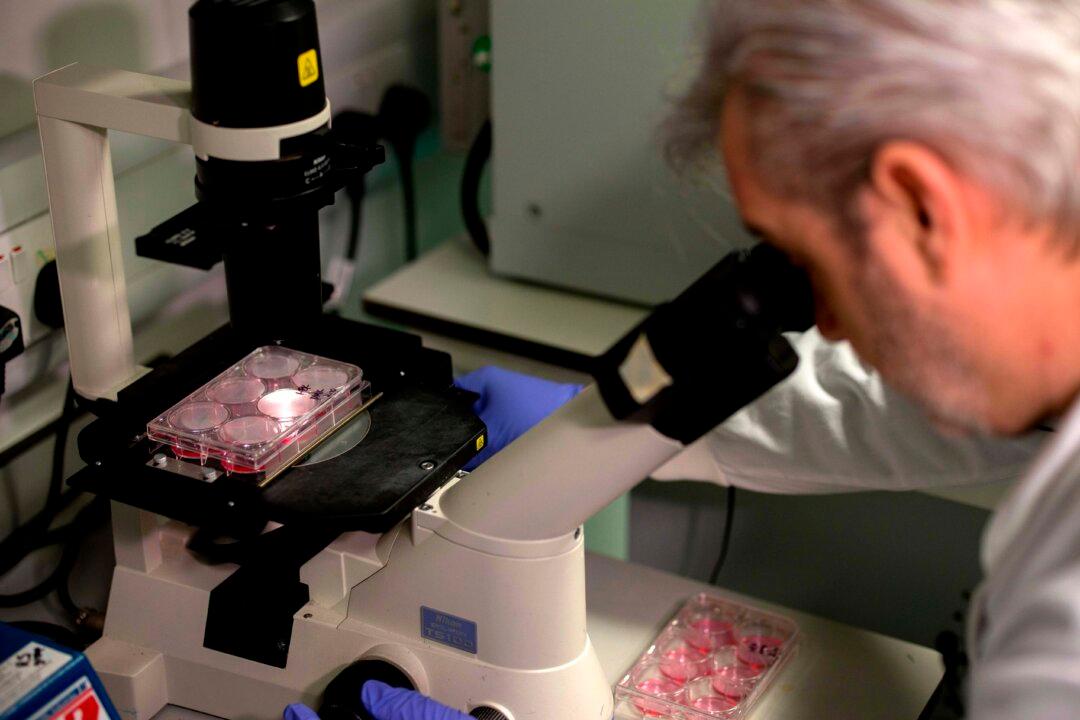Scientists in Brazil said they have discovered a virus that appears to be almost entirely new and consists of unrecognizable genes that have never been seen before.
The Yaravirus, named after Brazilian water goddess Yara, was found in Lake Pampulha, which is an artificial lagoon in the city of Belo Horizonte, according to a research paper published on BioRxiv.





